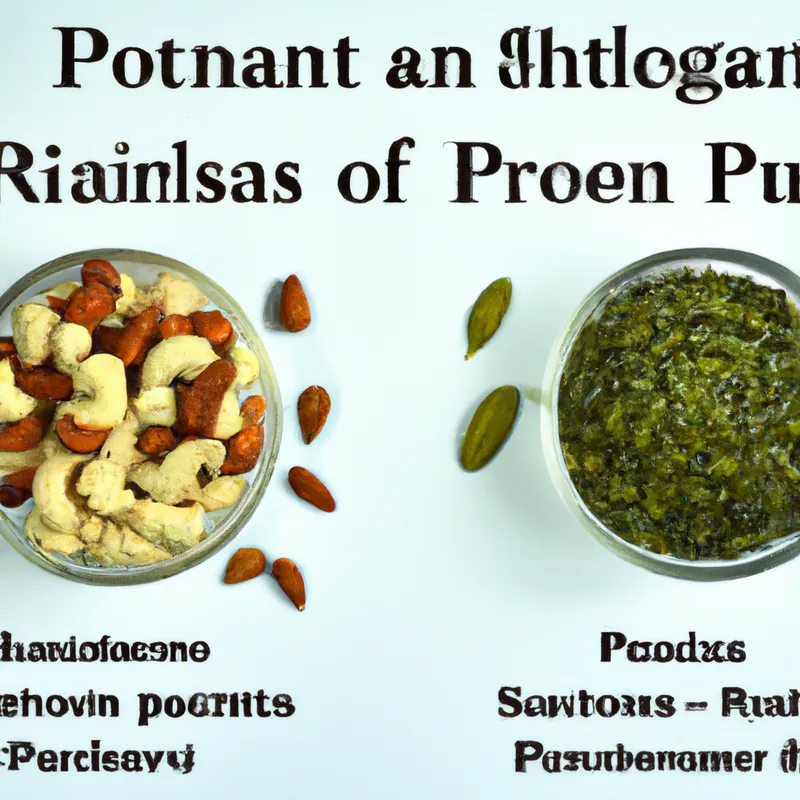Choose Smart: Protein Sources for Runners
Optimal Protein Sources for Runners: Animal vs. Plant-Based
Runners need protein to fuel their bodies. Protein aids muscle repair, recovery, and overall performance. Choosing the right protein source can be challenging. You can select from animal or plant-based options. This post compares optimal protein sources for runners.
Understanding Protein Needs for Runners
Runners have specific protein requirements. They should consume 1.2 to 2.0 grams of protein per kilogram of body weight. This range depends on training intensity and duration. Long-distance runners may need more protein than sprinters.
Protein helps repair muscle fibers stressed during runs. Incorporating enough protein into your diet is crucial. Both protein types support your running goals. However, they differ in quality, digestibility, and nutrient profiles.
Animal-Based Protein Sources
Athletes often prefer animal-based proteins. They typically contain all essential amino acids. This complete protein profile is vital for recovery and growth. Here are top animal-based protein sources:
Chicken and Turkey
Chicken and turkey are lean meats low in fat. They provide around 30 grams of protein per 100 grams. Also, they are versatile and easy to prepare. You can grill, bake, or stir-fry them.
Fish
Fish serves as an excellent protein source. Salmon, tuna, and mackerel are rich in omega-3 fatty acids. These healthy fats reduce inflammation and promote heart health. Eating fish supports muscle recovery after intense runs.
Eggs
Eggs offer a powerhouse of nutrition. One large egg contains about 6 grams of protein. They also provide vitamins and minerals. Additionally, eggs digest easily and can be cooked in various ways.
Plant-Based Protein Sources
Plant-based proteins have gained popularity recently. They offer health benefits, including lower cholesterol levels. Here are top plant-based protein sources for runners:
Legumes
Legumes like lentils, chickpeas, and black beans are rich in protein. They provide roughly 15-25 grams of protein per cooked cup. Legumes are also high in fiber, aiding digestion. This makes them ideal for runners needing to maintain energy.
Quinoa
Quinoa serves as a complete protein source. It contains all nine essential amino acids, perfect for vegans and vegetarians. One cup of cooked quinoa offers about 8 grams of protein. Plus, it is gluten-free and versatile in meals.
Nuts and Seeds
Nuts and seeds serve as nutrient-dense snacks providing protein. Almonds, chia seeds, and hemp seeds are great choices. Two tablespoons of hemp seeds contain about 10 grams of protein. They also provide healthy fats and antioxidants.
Balancing Animal and Plant-Based Proteins
Many runners thrive on a mixed diet. Combining animal and plant-based proteins enhances overall nutrition. Transitioning to a plant-based diet doesn’t mean sacrificing protein quality.
Incorporate both sources into your meals. For example, pair chicken with quinoa or lentils. This combination provides a complete amino acid profile. Blending various protein sources enhances nutrient diversity.
Benefits of Protein for Runners
Protein offers several benefits for runners. First, it repairs muscle tissue damaged during workouts. This recovery process improves performance and prevents injuries.
Second, protein supports weight management. Adequate protein increases feelings of fullness. This helps control hunger and reduces unnecessary snacking.
Finally, protein boosts immune function. Runners often push their bodies to the limit. Consuming enough protein helps maintain a strong immune system. This is crucial for staying healthy during training.
Conclusion
Choosing the right protein source is vital for runners. Both animal and plant-based proteins offer unique benefits. Animal proteins provide a complete amino acid profile and digest easily. However, plant-based proteins offer fiber, antioxidants, and essential nutrients.
Ultimately, find a balance that works for you. Consider your dietary preferences and nutritional needs. By incorporating various protein sources, you support your running goals and overall health. Whether you choose animal, plant-based, or both, prioritize protein in your diet. Your body will thank you!
Below are related products based on this post:
FAQ
What is the recommended protein intake for runners?
Runners should consume between 1.2 to 2.0 grams of protein per kilogram of body weight, depending on their training intensity and duration. Long-distance runners may require more protein than sprinters to support muscle repair and recovery.
What are some good animal-based protein sources for runners?
Top animal-based protein sources for runners include chicken, turkey, fish (such as salmon and tuna), and eggs. These foods typically contain all essential amino acids necessary for recovery and growth, with chicken and turkey providing around 30 grams of protein per 100 grams.
Can runners meet their protein needs with plant-based sources?
Yes, runners can meet their protein needs with plant-based sources such as legumes (lentils, chickpeas, and black beans), quinoa, and nuts and seeds. These foods not only provide protein but also offer additional health benefits like fiber and antioxidants, making them excellent choices for a balanced diet.















Post Comment